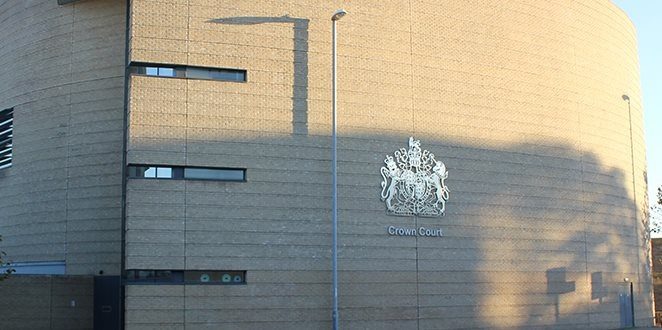The rail industry is gearing up for five days of strikes in early January called by the RMT and ASLEF leaderships, which will mean that only a limited number of trains can run.
The industry is reminding passengers to expect significant disruption and to check the latest travel advice.
Rail passengers are reminded to:
- Only travel if it is absolutely necessary during this time
- Allow extra time and check when their first and last trains will depart.
There may also be some possible disruption to services on Sunday 8 January as workers return to their duties.
Thousands of specially trained and fully qualified back-up staff will step in during the RMT walkouts on 3-4 and 6-7 January to keep vital services running for those who need them.
On RMT strike days, around half of the network will shut down, with only about 20% of normal services running. Timetables for these strike days have already been published.
Trains that do run will start later and finish much earlier than usual – with services typically running between 7:30am and 6.30pm on the day of the strike. Passengers should plan ahead and check before they travel.
A walkout by train drivers taking part in a strike called by ASLEF on 5 January will affect 15 operators and will result in even fewer services running – with some operators running very significantly reduced timetables.
Timetables for 5 January will be published on 29 December.
Meanwhile, the RMT has an overtime ban in place at 14 train operating companies until 2 January that will continue to affect the level of cancellations and the punctuality of some services.
This action may particularly affect those travelling out of London late in the evening on New Year’s Eve and passengers are advised to plan their journey in advance.
Daniel Mann, director of industry operations at the Rail Delivery Group, said: “No one wants to see these strikes go ahead, and we can only apologise to passengers and to the many businesses who will be hit by this unnecessary and damaging disruption.
“We would advise passengers to only travel if it is absolutely necessary during this period, allow extra time and check when their first and last train will depart. Passengers with tickets for between 3-7 January can use their ticket the day before the ticket date, or up to and including Tuesday 10 January.
“This dispute will only be resolved by agreeing the long overdue reforms to working arrangements needed to put the industry on a sustainable footing, rather than unions condemning their members to losing more pay in the new year.”
Ticketing and refund information
- Tickets for 3, 4, 5, 6, and 7 January can be used the day before the date on the ticket, or up to and including Tuesday 10 January.
- There is also likely to be some disruption in the early morning of Sunday 8 January as workers return to their duties.
Passengers with Advance tickets can be refunded fee-free if the train that the ticket is booked for is cancelled, delayed, or rescheduled.
If the Advance ticket is for a train scheduled for a strike day, but it is not cancelled, delayed, or rescheduled, and a customer prefers not to travel, they should contact their ticket retailer.
Customers with 2 x Advance tickets (an outbound and a return), to be used as a return journey, may be able to get a fee-free refund or change of journey for any unused legs/tickets if wither of the legs is scheduled for a strike day. Customers should check with their ticket retailer.
Customers with tickets for long distance operators, particularly where seat reservations are required, can obtain a refund and rebook onto an alternative service.
Trains running on days either side of strike days are likely to be extremely busy and a seat cannot be guaranteed. Customers are advised to check with their operator before travelling.


























